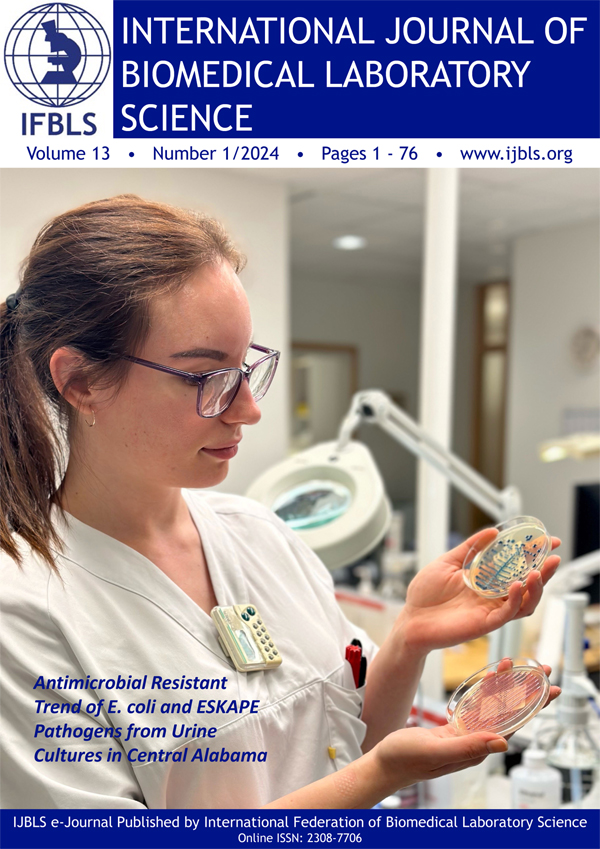Review article: A Narrative Review of the Clinical Utility of Next-Generation Sequencing and the Diagnosis of Acute Myeloid Leukemia
Lydia E. Mack, Patricia M. Tille, Stephanie Jacobson, Demetra Castillo
Abstract
Acute myeloid leukemia (AML) is a cancer affecting the blood and bone marrow progenitors due to heterogeneous genetic aberrations. The standard diagnostic testing regimen for AML includes cytologic and molecular techniques to determine the presence of abnormal myeloid cells and identify the genomic anomalies contributing to disease. These methods are beneficial for diagnosing AML but possess drawbacks in recognizing specific mutations within individual patient samples. AML mutations are being revealed with recent advancements in next-generation sequencing (NGS). Combining NGS-based approaches with standard hematopathology methods could significantly benefit physicians and patients by expediting AML diagnoses, contributing information about the disease, and supporting the development of tailored treatment.
Key words: Next Generation Sequencing, Acute Myeloid Leukemia, Molecular Diagnostics
Int. J. Bio. Lab. Sci 2023(12)1:18-30 【PDF】


